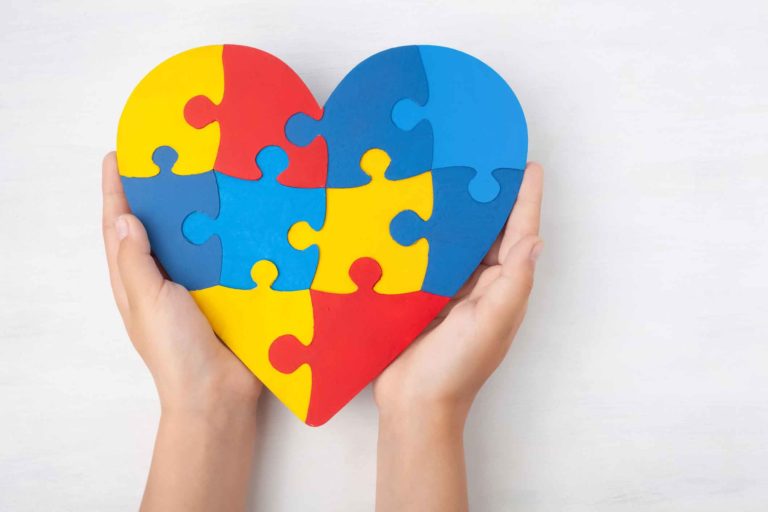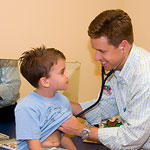
Has a child in your life recently received an autism diagnosis? Whether that child is your own child, the child of a relative, or that of a close friend, it is important to learn what you can about autism spectrum disorders to gain a better understanding of what lies behind the behaviors they may exhibit. In turn, you’ll find yourself better able to provide support to the child or parent, or better able to seek support for yourself.
What Is Autism?
Autism is the most common in a series of related disorders, known as autism spectrum disorders, that present as developmental disorders in childhood. Though each of the autism spectrum disorders – including Asperger’s syndrome and pervasive developmental disorder (PDD) – vary in their symptoms, these are some common markers for autism:
- Communication problems, both verbal and nonverbal
- Frequently repetitive behaviors
- Difficulty making eye contact
- Difficulty with change and transitions
- Social withdrawal
The above symptoms are not comprehensive, but are the core symptoms. They begin in early childhood, perhaps as early as 10-12 months, and almost always by 18 months. In addition, the symptoms persist throughout childhood and adulthood and interfere with daily living.
Are There Different Degrees of Autism?
Autism can certainly range in severity. Some children experience severe difficulty speaking, while others speak as a typical child would. Some children perform repetitive behaviors and sounds, to the distraction of others, while others experience repetition in other ways. The fact remains that children experience autism in widely different manners, and with varying levels of developmental challenges.
What Causes Autism?
Experts are still unsure what causes autism. Recently, researchers have identified several genes that may correlate to the presence of autism in children. Other researchers have had some success isolating environmental, biochemical, and metabolic factors that may be related to autism. However, scientists have still not identified a certain, specific cause. Currently, the most comprehensive research done regarding autism has been in relation to vaccines and there has been no link between vaccines and autism discovered.
If a child in your life has recently received an autism diagnosis, remain supportive to the child and his or her parents. Autism involves a spectrum of disorders that is so broad, there’s no way of determining the level of severity that will impact the family. Above all, let them know you understand and wish to help.
If a doctor has recently diagnosed your child with autism, know that there are several autism-related support groups and parent groups for people experiencing exactly what you are going through. Every child will experience autism differently than any other child with the disorder, so continuing to embrace your child’s individuality is key. Remaining calm, loving, and approaching your child in an open manner will encourage your child to continue to grow and learn despite his or her diagnosis.
The information and content on our website should not be used as a substitute for medical treatment or advice from your doctor.




